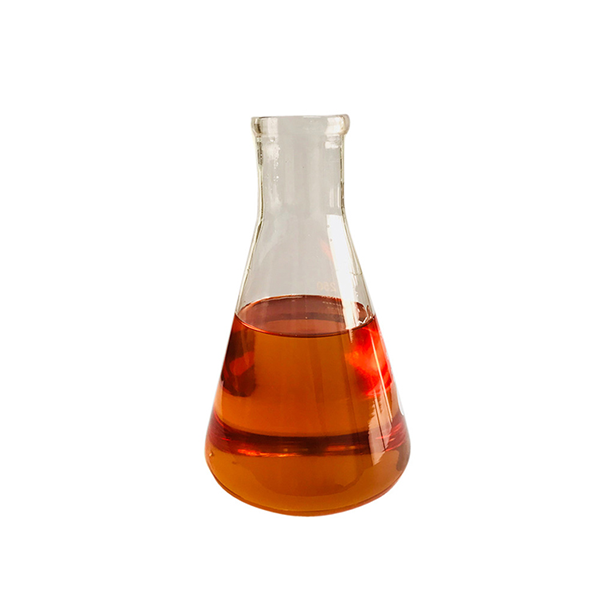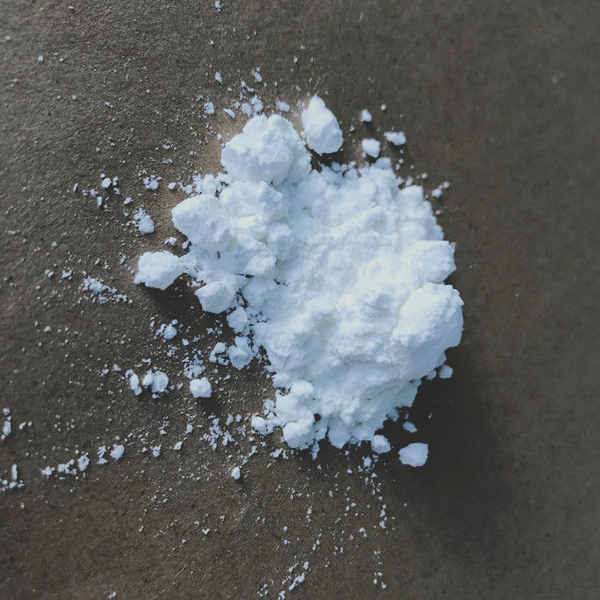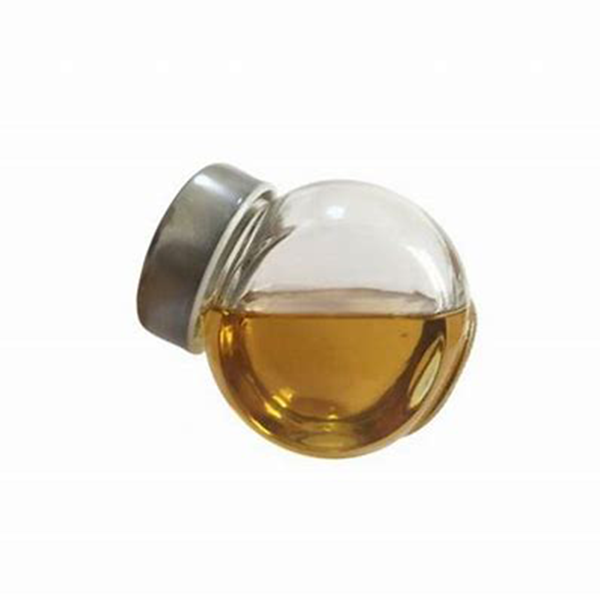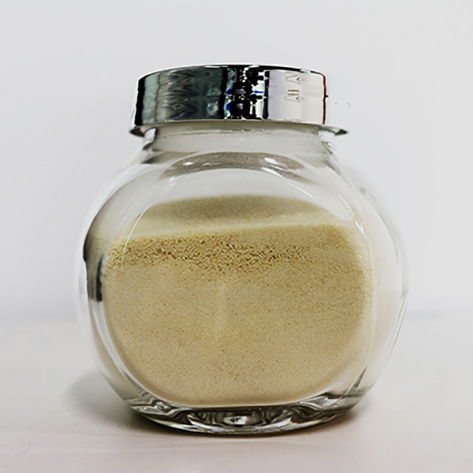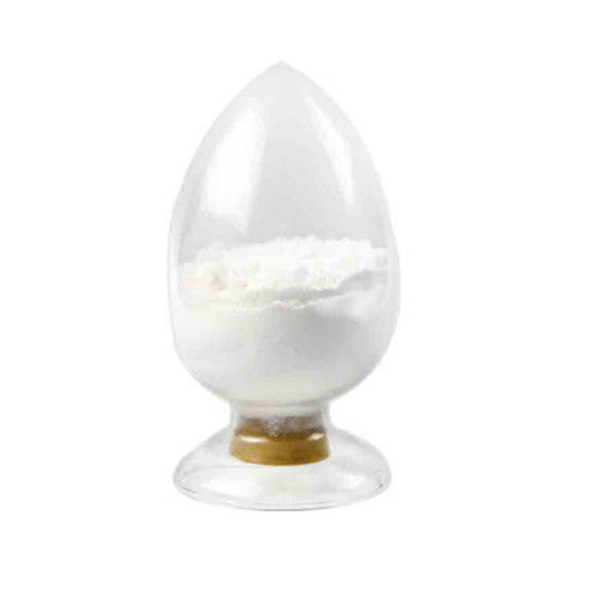Trifluralin pre-emergence weed killing herbicide
Product description
Trifluralin is a commonly used pre-emergence herbicide. Trifluralin is generally applied to the soil to provide control of a variety of annual grass and broadleaf weed species. It inhibits root development by interrupting mitosis, and thus can control weeds as they germinate. By stopping a plant’s meiosis, trifluralin inhibits a plant’s roots’ growth, thus curbing weed germination. Trifluralin is mostly used to get rid of weeds in cotton fields, soybean, fruit, and other vegetable fields. Some formulations can be used at home for controlling weeds and unwanted plants in the garden.
Trifluralin is a selective, pre-emergence dinitroaniline herbicide that should be incorporated into the soil by mechanical means within 24 hours of application. Pre-emergence herbicides are applied before weed seedlings sprout. Granular formulations may be incorporated by overhead irrigation. Trifluralin is a selective soil herbicide which acts by entering the seedling in the hypocotyls region and disrupting cell division. It also inhibits root development.
Can be used for cotton, soybeans, peas, rape, peanuts, potatoes, winter wheat, barley, castor, sunflower, sugar cane, vegetables, fruit trees, etc., mainly used to prevent the removal of monocotyledonous weeds and annual broad-leaved weeds, such as barnyard grass, large thrush, matang, dogtail grass, cricket grass, early maturing grass, thousand gold, beef tendon grass, wheat lady, wild oats, etc., but also to prevent the removal of small seeds of purslane, wisps and other dicotyledonous weeds. It is ineffective or basically ineffective against perennial weeds such as dragon sunflower, cane ear and amaranth. Not effective against adult weeds. Sorghum, millet and other sensitive crops cannot be used; Beets, tomatoes, potatoes, cucumbers, etc. are not strongly resistant.
Used with linuron or isoproturon for control of annual grasses and broad-leaved weeds in winter cereals. Normally applied pre-planting with soil incorporation.
Trifluralin is active in the soil. Germination of crops may be impacted for up to 1* years after soil treatment, especially in arid conditions. It is not usually absorbed from the soil by plants.

